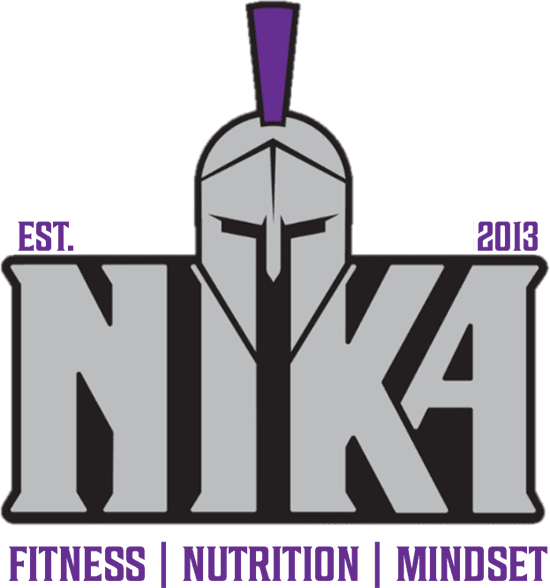Gastroesophageal reflux disease (GERD) affects about 1 in 5 US adults. Some of the uncomfortable symptoms include:
- Pain or burning in the chest, usually after eating
- Burping or regurgitating food or sour liquid
- A feeling of a lump in the throat, or trouble swallowing
As a nutrition coach, I’m not licensed to diagnose or treat a medical condition like GERD, but I can offer some simple dietary and lifestyle modifications if you’re looking for relief.
Here are a few strategies that I recommend:
- Eat slowly, in a relaxed setting. When you’re rushed and stressed, you tend to eat faster and less mindfully. That also probably means not chewing properly, and gulping your food down in hard-to-digest pieces. Stress also activates the sympathetic nervous system (aka, our “fight or flight” mode) which hinders digestion.
- Eat smaller meals. GERD is due in part to a poor-functioning or overly-relaxed lower esophageal sphincter (the valve that allows food to pass from the esophagus into the stomach). When this sphincter doesn’t close properly, undigested food mixed with stomach acid can get into the esophagus, causing that all-to-familiar burn. Larger meals can put additional pressure on that valve which is already not very good at holding food back to begin with. Thus, try smaller meals and symptoms will likely improve, at least slightly.
- Eat earlier. When you eat a meal late in the evening, and then lie down for bed before it’s fully digested, fluids can also move back into the esophagus because gravity. If you have some night-time heartburn, try to eat earlier in the evening so the stomach has more time to empty itself. Some people also find that elevating the head of their bed slightly can help too.
- Keep a food journal. Certain foods are triggers for acid reflux. Here are a few common ones:
- High fat foods and meals: Dietary fat slows some GI processes, leading to food and acids staying in the stomach longer. This increases stomach pressure, which can promote reflux.
- Irritating or acidic foods: Coffee, chocolate, tomatoes, spicy foods, and citrus foods are all known to irritate the esophagus and make heartburn worse. Avoid them as much as possible if you see they’re your triggers.
- Relaxants and carbonated drinks: Foods that relax muscle activity in the body (relaxants) can make a lazy esophageal sphincter nearly even lazier. Alcohol is a common relaxant and GERD trigger, as is peppermint tea. Bubbly drinks take up more space in the stomach, which again, puts pressure on the valve.

